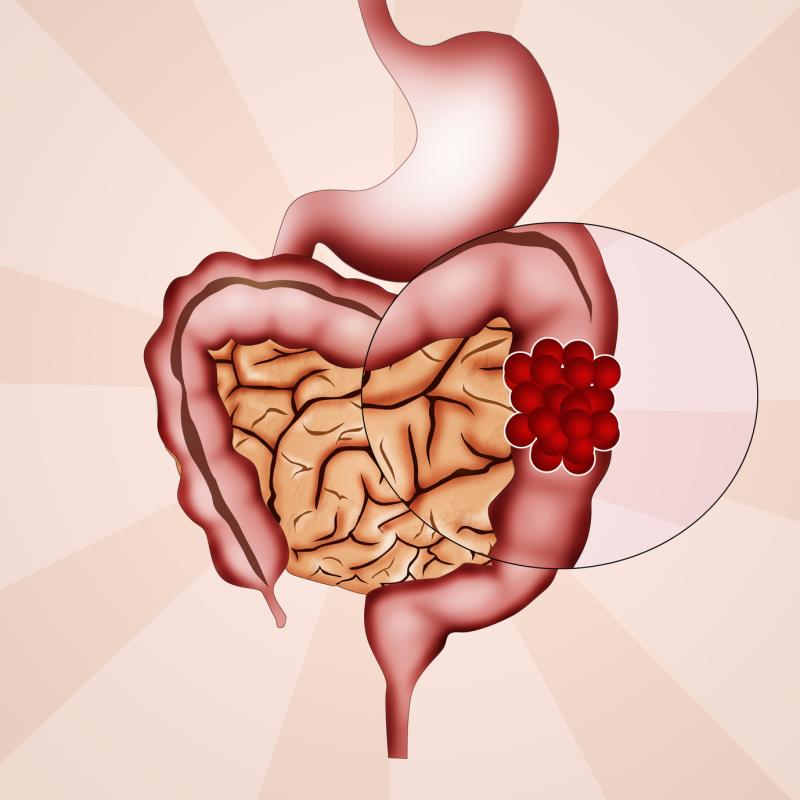
The time interval for the placement of a bridge to surgery (BTS) does not seem to affect the perioperative short-term outcomes in patients with obstructive colon cancer, a recent study has found.
Researchers retrospectively assessed 174 patients who underwent BTS placement. Of these, 75 underwent the procedure within 7 days (group 1), 56 within 8–14 days (group 2), and 43 after 14 days (group 3). The primary endpoint was a comparison of oncologic outcomes, including overall survival (OS), disease-free survival (DFS), and recurrence rate (RR).
The postoperative mortality rates for groups 1, 2, and 3 were 17.3 percent, 10.8 percent, and 9.3 percent. Despite an apparent trend, no statistical significance was detected (p=0.337). There were likewise no immediate postoperative deaths reported. Patients were followed for a mean of 46.2 months.
Severe complications, number of lymph nodes harvested, resection margins, pathologic findings, and the rate of adjuvant chemotherapy after BTS were likewise comparable across groups.
In contrast to the short-term outcomes, multivariate analysis found that the time interval for BTS had significant effects in the long-run. Time interval appeared to be a significant predictor of DFS (hazard ratio [HR], 14.463, 95 percent confidence interval [CI], 1.458–3.255; p<0.001) and OS (HR, 4.917, 95 percent CI, 1.071–3.059; p<0.027). RR was also significantly different across groups (p=0.029).
“[T]he short-term perioperative outcomes in BTS after self-expandable metal stent (SEMS) placement were not affected by the time interval,” said researchers. “However, the long-term oncologic outcomes in patients who underwent elective surgery within 7 days after SEMS placement were better than in other patients.”